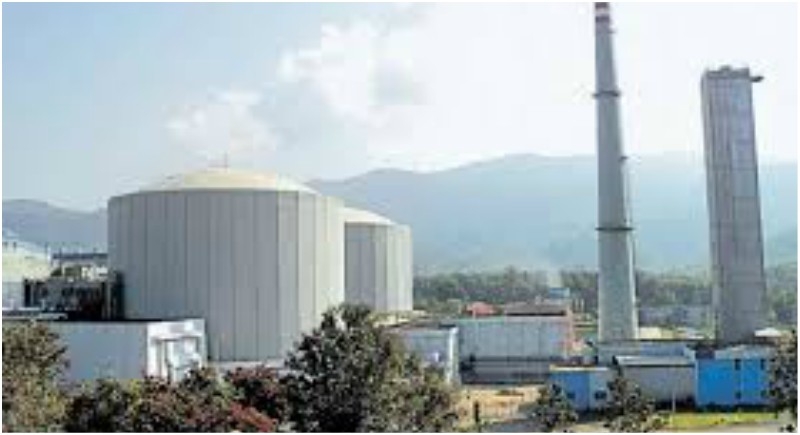India soars high with pride! Kaiga Unit-1 creates world record in operating continuously for 941 days
New Delhi, December 10: Indian talent has always shone bright and made the country proud in almost every field. With the high bird, GSAT 11 launched by the ISRO team in space, the scientists and engineers have given us another reason to feel proud like always.

Creating world record, the indigenously developed Kaiga Atomic Power Station made India proud by registering 941 days of continuous operation on Monday surpassing the earlier world record of 940 days held by Heysham-2 Unit-8 (610 MWe AGR) of UK.
With this landmark record, India demonstrated its capability in nuclear power generation technology of PHWR being fully matured. It evidences the excellence in design, construction, safety, quality and operation and maintenance practice of Nuclear Power Corporation of India Limited (NPCIL).
Kaiga Generating System (KGS-1) started commercial operation on November 16, 2000. During the present stint of continuous operation from May 13, 2016, the unit has generated about 5 billion (500 crore) units of electricity. The Indian Nuclear power plants have demonstrated continuous operations for more than 28 times so far.
These three reactors, KGS-1 (941 days still in operation), RAPS-3 (777 days) and RAPS-5 (765 days) have operated continuously for more than two years. The units at Kaiga have operated more than a year on 12 occasions so far.
The Kaiga Generating System located at the sylvan surroundings of the Western Ghats at Kaiga in Uttara Kannada district of Karnataka is a cluster of four indigenously developed Pressurized Heavy Water Reactors of 220 MW each. Two more indigenous reactors to be set up at the site, Kaiga 5&6 (2X700 MW) which have been accorded administrative approval and financial sanction by the Government.